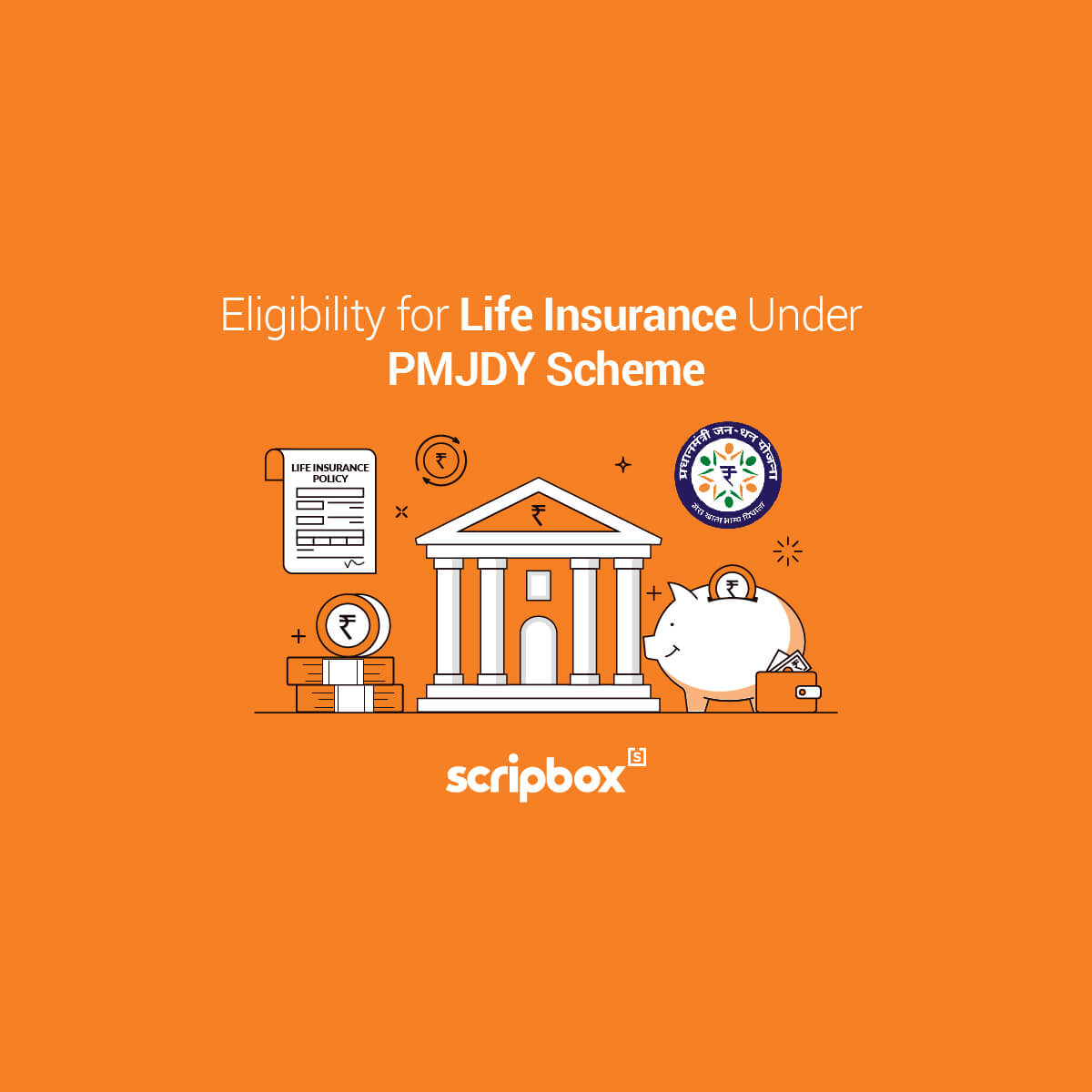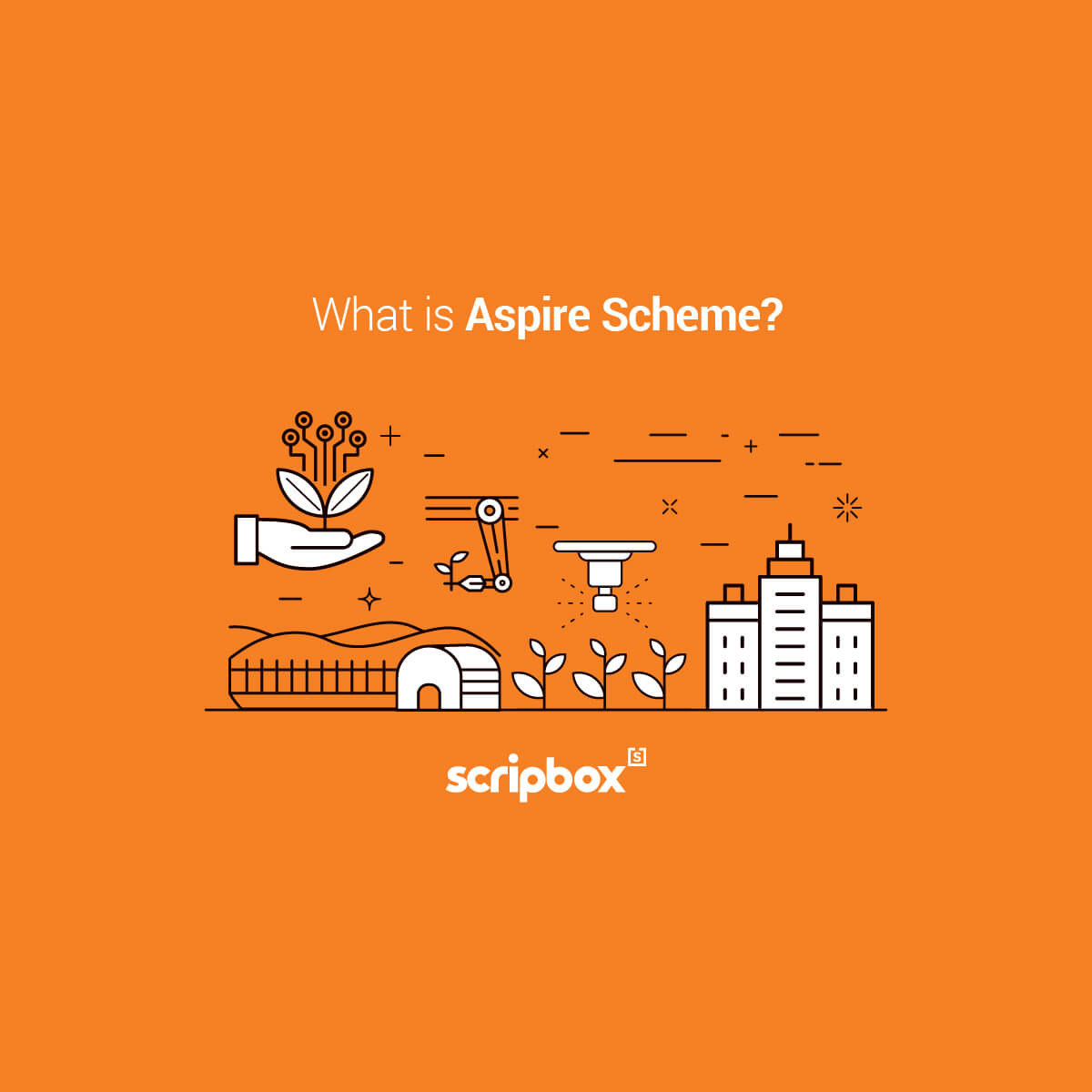Under MSDE, the National Skill Development Corporation (NSDC) is a one-of-a-kind Public-Private-Partnership (PPP) model in India. The National Skills Development Corporation (NSDC) strives to encourage skill development by assisting in the establishment of large, high-quality, for-profit vocational institutions. Every district of the country would have a visible and aspirational training center, according to MSDE. Pradhan Mantri Kaushal Kendra will be the name of these training centers (PMKKs).
What is a Pradhan Mantri Kaushal Kendra (PMKK)?
Pradhan Mantri Kaushal Kendra (PMKK) centers are state-of-the-art, visible, and aspirational model training centers that have been created in every district of India, ensuring coverage of all parliamentary seats. PMKK is a Ministry of Skill Development and Entrepreneurship initiative to ensure the creation of a standardized infrastructure for the delivery of skill development training that is equipped to run high-quality industry-driven courses with a focus on employability and create an aspirational value for skill training. The goal of PMKK is to turn the short-term training ecology into a long-term institutional model. An applicant can find a PMKK by visiting the official website.
Components of Pradhan Mantri Kaushal Kendra Yojana
Coverage
- Cluster of Districts – When it comes to district allocation, the NSDC uses a cluster-based approach. To ensure that each cluster receives a mix of districts with various degrees of skill development activities, clustering was done using socioeconomic, demographic, and skills training coverage indicators. This is to ensure that the country is well covered in terms of geography and demographics.
- Non Cluster States and Union Territories – Because of the challenges in these regions to enhance the degree of participation of skill development providers, districts in the North Eastern States, Jammu and Kashmir, and Union Territories have not been clustered.
- Coverage of Parliamentary Constituencies – While PMKKs are planned for every district in the country, more PMKKs will be established when needed to ensure that at least one PMKK is established in each Lok Sabha constituency. If any Parliamentary Constituencies (PCs) are left out after PMKKs are assigned to a cluster based on planned location, applications for those PCs will be invited and considered independently.
- Terms of Allocation – Training providers will be in charge of establishing PMKK in all of the districts within a certain cluster. Any PC shall be treated the same as any non-clustered district of a state/union territory for the purposes of PMKK. A TP may apply for an unlimited number of PMKKs, but the allocation is limited to 50 Pradhan Mantri Kaushal Kendra. This is regardless of the number of clusters or un-clustered districts. Such submissions will be accepted in response to a request for proposals that includes a deadline for submission.
Infrastructure
- Centre Category – Based on the population of the district, three categories of PMKK centers are established. The size of the corporate center will be determined by the PMKK category. Every Pradhan Mantri Kaushal Kendra must adhere to minimal infrastructure and branding standards.
- Sectors & Mandate – The centers’ long-term viability will be ensured by specific training numbers under PMKVY or its successor programmes (any other scheme under MSDE). Under the PMKVY system, each PMKK will be guaranteed a three-year minimum training mandate, according to capacity and use of the center. For improved placement and retention results, the TP’s chosen trades should mirror the skill gap and local personnel requirements. Apart from those under the ambit of MSDE, PMKKs would not be permitted to operate any other Central Government/State Government supported skill training program.
- Branding – Each PMKK will be expected to meet certain specifications in terms of size, design, and branding. PMKKs must follow the Branding Guidelines published on the NSDC website.
- Biometric Attendance – All PMKKs must use an Aadhar-enabled biometric machine to track attendance for all trainees and instructors. For monitoring and documenting attendance, all PMKKs must follow scheme-specific requirements.
- Location – The PMKK should be near (within walking distance) a major approach road (highway/main market road), close to public transportation (bus stop/railway station/Metro station), and have appropriate street lighting and public mobility. On the location sign-off visit, NSDC reserves the final right to approve or reject the proposed location.
- Equipment – According to SSC criteria, the center will use the most up-to-date training equipment and tools. Smart classrooms, biometric attendance, and other training aids and equipment will be employed.
- Hostel facilities – To be determined according to PMKVY guidelines or other MSDE intervention plans.
- Room for Counselling, Mobilization and Placement – Separate counseling, mobilization, and placement cell (at least one dedicated room) for exams, parent and aspirant counseling, and placement coordination with industry/employers, among other things.
- Smart Classroom – Every PMKK must have at least one classroom with audio-visual equipment and internet access in order to do business. Virtual training, interactive sessions, and industry seminars or webinars will all be held in these classrooms.
- Centre Inspection – Each training center must be evaluated for conformity with the mandatory infrastructure and branding criteria before a PMKK becomes operational/begins with the first batch. If no adverse reports are received, the center will be recommended to NSDC for PMKVY allocations. TP will also be required to meet with the applicable scheme’s infrastructure requirements.
Support Under Pradhan Mantri Kaushal Kendra Yojana
Support For a Capital Expenditure for PMKK
Funding support shall be a secured loan for Pradhan Mantri Kaushal Kendra establishment:
- NSDC will give a secured loan up to INR 70 lakhs per PMKK at an applicable rate of interest (6 percent, 3 percent, 0 percent) based on the district category, with a four-year payback period, including a one-year moratorium period.
- The capital investment funds necessary to establish the PMKK will be referred to as the project’s investment requirement. Immovable property, such as land and buildings, will not be eligible for NSDC assistance.
- For each PMKK, the loan for capital expenditure is capped at INR 70 lakh. The components would be categorized as capex. Such as training infrastructure, which includes the procurement of machinery and equipment, as well as help and other related things, and the center’s internal makeover.
- An additional loan will be offered for the installation of PMKKs using prefabricated 3 structures. This is in addition to the existing credit arrangements, which have a limit of INR 70 lakhs per PMKK. The NSDC’s supplementary loan facility will be limited to 75 percent of the project setup cost or INR 60 lakhs, whichever is higher. The amount of the loan and the applicant’s eligibility for the loan will be determined on a case-by-case basis by the Sub Committee and the Steering Committee.
- The loan cannot be used to purchase or construct immovable property, such as land and buildings. It will only be used for expenses relating to PMKK lab equipment, training aids, and internal renovations.
- Any expenditure related to civil construction shall be borne by the TP only.
- A minimum of 25% of the project cost must be contributed by the promoter. Promoter contribution will be in the shape of a fresh injection in the form of share capital, cash, or an interest-free subordinated loan from the promoters, or a non-government grant unique to the project. The amount of the Promoter’s contribution should be included in the project’s financials. If the Promoter contribution is made through unsecured loans or interest-free advances, it must be invested in the project until the secured commitments are paid off and milestones are met to NSDC’s satisfaction.
- From the date of delivery of the first tranche of loan amount, the loan must be repaid within 4 years or sooner (including a one-year principal moratorium period).
- After the first year of disbursements, repayment will be calculated and distributed in 8 to 12 equal quarterly amounts, as determined by TP.
- The capital assistance provided to TP will be in the form of a loan secured by an NSDC asset or collateral. The collateral will be held by NSDC until the loan is fully paid, including all interest and fees. In order of preference, the following assets will be considered as collateral: BG, lien on fixed deposits, equitable mortgage of immovable property covering at least 30% of the loan amount sought to be issued.
- Fund release for each tranche during the setup phase shall be as per milestone completion verified by NSDC PMU and all fund release pertaining to training shall be as per applicable project guidelines.
Operational Support for Pradhan Mantri Kaushal Kendra Yojana
- Dedicated training numbers under PMKVY or its successor schemes will ensure the PMKKs’ long-term viability (any other scheme under MSDE).
- Under the PMKVY system, each PMKK will be given a three-year training mandate (1000, 750, and 500 hours of training per year for 8000, 5000, and 3000 square feet, respectively).
- Apart from those under the ambit of MSDE, the PMKK would not be permitted to administer any other Central Government/State Government supported skill training program.
- The PMKK can run any fee-based or CSR/industry-sponsored training program, but it must ensure that the minimum training obligation for each PMKK category is met under PMKVY or its successor programs (any other scheme under MSDE).
- However, for fee based programs, the courses should be exclusive from those offered under scheme under operation from MSDE/NSDC.
Implementation Agencies under Pradhan Mantri Kaushal Kendra PMKK
Training Providers
- TPs will be in charge of establishing Pradhan Mantri Kaushal Kendra in all of the districts within a certain cluster. Any PC shall be treated the same as any non-clustered district of a state/union territory for the purposes of PMKK.
- A TP may apply for an unlimited number of PMKKs, but the allocation is limited to 50 PMKKs, regardless of the number of clusters or un-clustered districts. Such submissions will be accepted in response to a request for proposals that includes a deadline for submission.
- Proposals from TPs to establish dedicated PMKKs for particular groups such as persons with disabilities, women-centric programs, and innovations to benefit underrepresented communities will be encouraged and considered on an individual basis.
- Proposals can be presented at the district level, either as part of a proposed cluster or in non-clustered districts. Such proposals will be accepted throughout the year and dealt with separately.
- All applications in this category will, however, be required to meet eligibility and desk evaluation standards. Along with the proposal, the applicant must provide a non-refundable proposal processing fee of INR 10,000 per PMKK.
- TPs may swap districts/PCs within the same state if there is mutual agreement among the TPs. More than 10% of the allocated Districts/PCs to a specific TP may be swapped.
- The TP originating the swapping request will be charged an evaluation/due-diligence fee of INR 50,000.
Corporate
Companies that match the aforementioned criteria are eligible to make proposals for any independent district.
- PMKKs can be proposed by corporations in a maximum of five districts across India. Further, no more than one Pradhan Mantri Kaushal Kendra per district.
- Any corporate proposal that meets the eligibility criteria will be taken up for due diligence right away and will not be subjected to a desk review.
- Additional districts for setting PMKKs, beyond the restriction of 5 per corporate, may be awarded based on the PMKK’s success after 6 months of operationalizing all of the allocated PMKKs.
- Corporate entity proposals will be accepted throughout the year.
- Proposals for dedicated PMKKs to support special groups such as persons with disabilities, women-centric programs, and innovations to support underrepresented communities are encouraged from corporations and will be reviewed on a case-by-case basis.
- Along with the proposal, corporates would be required to pay a non-refundable proposal processing cost of INR 10,000 per Pradhan Mantri Kaushal Kendra.
Public Sector Undertakings (PSUs), State Public Sector Undertakings (SPSUs), Industry Associations
Proposals can be submitted by PSUs, SPSUs, and Industry Associations that meet the eligibility conditions outlined above.
- Proposals accepted in this area will be considered the same as those filed in the Corporate category.
- PSUs/SPSUs/Industry Associations will be awarded a maximum of 5 Pradhan Mantri Kaushal Kendra. Any additional PMKKs being allocated is based on the performance of the five PMKKs already allocated.
- The project will be implemented by either the proposing Association or a Nodal Organization nominated by the association.
- The Association must give a Power of Attorney to the Nodal Organization for the project’s implementation and compliance with PMKK criteria.
Vocational Training Centres Under NSDC
To develop India into the world’s skill capital, vocational training must be made aspirational. In line with this, the Ministry of Skill Development and Entrepreneurship (MSDE) plans to create visible and aspirational Model Training Centres (MTCs) in each of the country’s districts. The project’s implementation agency is the NSDC.
The goal of the model training centers is to:
- Create a benchmark institution that exemplifies the aspirational value of competency-based skill development.
- In the skills delivery process, pay attention to quality, sustainability, and connections with stakeholders.
- Convert from a mandate-driven, haphazard model to a long-term institutional model.
The National Skill Development Corporation will manage the network. It will make every effort to provide the necessary support system in terms of TP empanelment, MIS, Finance, and other areas such as branding, content, and so on. Mobilisation, training, assessment, certification, placement, and post-placement activities will be handled by the TP concerned.
Discover More
- Pradhan Mantri Jan Arogya Yojana (PMJAY)
- Pradhan Mantri Vaya Vandana Yojana (PMVVY)
- Pradhan Mantri Suraksha Bima Yojana
- Saksham Yuva Yojana
- Samarth Scheme
- PMMVY
- Pradhan Mantri Awas Yojana (PMAY)
- PM Kisan Samman Nidhi Yojana
- Pradhan Mantri Kaushal Vikas Yojana (PMKVY)
- Pradhan Mantri Jeevan Jyoti Bima Yojana
- Multiplier Grants Scheme
- Ujala Scheme
- Pradhan Mantri Jan Dhan Yojana (PMJDY)
- Atal Pension Yojana (APY)
- Pradhan Mantri Shram Yogi Mandhan
- DDU-GKY
- Startup India Scheme
- Antyodaya Anna Yojana (AAY)
- Pradhan Mantri Adarsh Gram Yojana
- Aspire Scheme
- Pradhan Mantri Ujjwala Yojana (PMUY)
- Credit Guarantee Scheme For Startups
- Startup India Seed Fund Scheme
- Pradhan Mantri Yuva Yojana (PMYY)
- Pradhan Mantri Kaushal Kendra (PMKK)
- Stand Up India Scheme
- ECLGS Scheme
- Unnat Bharat Abhiyan
- Digital India Scheme
- Sankalp Scheme
- Samagra Shiksha
- Skill India
- Deen Dayal Upadhyaya Antyodaya Yojana (DAY)
- Credit Guarantee Scheme for MSE (CGSMSE)
Related Articles
- Confused if your portfolio is performing right enough to meet your goals?
- How long have you been investing in mutual funds?
- What is your current portfolio size?
- What is your approximate annual household income?
- Your profile does not qualify for a call with a Financial Expert.
- What is a Pradhan Mantri Kaushal Kendra (PMKK)?
- Components of Pradhan Mantri Kaushal Kendra Yojana
- Support Under Pradhan Mantri Kaushal Kendra Yojana
- Implementation Agencies under Pradhan Mantri Kaushal Kendra PMKK
- Vocational Training Centres Under NSDC




























Show comments